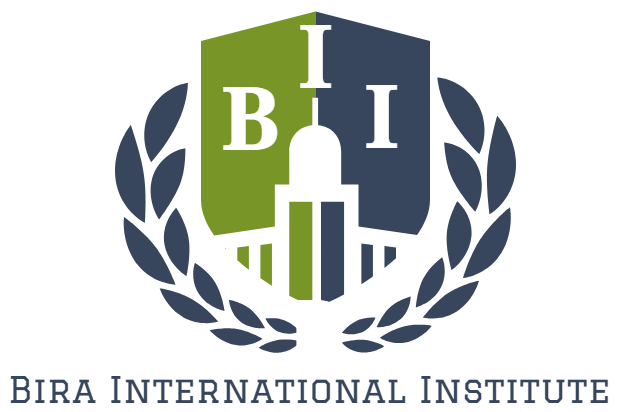Benefits of integrating counseling skills in your practice
Being a counsellor doesn’t only mean learning theories and principles. A good counsellor also possesses counselling skills that will help the client experience a successful counselling session. Counselling skills can be developed through time and can be applied to clients with varying beliefs, views, backgrounds and experiences.
Counselling skills
Here’s a list of counselling skills you can apply and hone in your practice as a counsellor:
1. Attending and active listening
Giving your full and undivided attention and making the client feel supported, understood and validated helps develop trust. Balancing when to talk and when to listen is also a skill that must be developed. Active listening also involves determining why and how the client says words. Moreover, the counsellor must evaluate how the client perceives a particular situation.
Attending to the client also pertains to the ability to comprehend not just verbal cues but also non-verbal cues such as eye contact and body movements. According to research, about 80% of communication occurs non-verbally, so determining what lies beyond what is expressed verbally is an essential skill that must be developed to gain more in-depth insight about the client.
2. Avoiding judgments
A counsellor must be unbiased, noncritical and non-judgmental. A counselor’s role is not to give advice but to give the client an opportunity to talk about his emotions and help the client see things from different viewpoints. A counsellor must learn to manage his reactions professionally as not to offend the client.

3. Information gathering
The ability to gather data and information that will help in the diagnostic, assessment and treatment is also a skill that must be honed. Ability to paraphrase what the client said also helps to gather data accurately. Recalling scenarios and checking perceptions will help validate the information collected and allow the client to speak further.
4. Maintain confidentiality
Anything that was discussed during the sessions must be kept in confidentiality unless special circumstances will require the counsellor to disclose it to third-party members. If the client can feel that the counsellor can be trusted, the client will feel more at ease disclosing sensitive matters.
5. Giving information
Explaining and giving information that will help the client comprehend his situation is also a skill that must be developed. The counsellor can share relevant and meaningful resources that will help the client process feelings and thoughts.
6. Resilience and patience
Learning how to practice self-care, develop patience and resilience will help a counsellor avoid burnout. Dealing with several clients with several issues may exhaust a counsellor, thus decreasing work efficiency. It is essential that the counsellor draws a boundary between work and personal life to maintain balance.
7. Flexibility
A counsellor must be able to handle different clients with various upbringing, culture, education, experiences, background, beliefs and values. Being flexible will also help the counsellor to avoid biases and judgments with what the client is saying.
Benefits of integrating counselling skills in your practice
Here are the benefits of applying the counselling skills mentioned above to everyday practice:
- A better understanding of situations
The success of the treatment is achieved when situations and emotions are processed effectively. A proper comprehension of information and experiences will help the client untangle the thoughts running in his mind and will help him gain a better understanding.
2. Build trust
Trust is a critical element that must be established for a professional counsellor-client relationship. If the client trusts the counsellor, treatment and support can be given easily by the counsellor. The counsellor can help the client more effectively if the client does not withhold any vital information.

3. Improved communication
Communication is more effective if barriers are broken because the client trusts the counsellor while the counsellor can comprehend verbal and nonverbal cues. Effective communication between the client and counsellor is necessary because counselling is a ‘talking therapy.’
4. Healthy coping skills
A client who feels supported and validated may develop healthy coping skills. Effective communication with the counsellor will help the client gain a new perspective on the situation. A client may also learn ways and techniques on how to manage emotions, thus leading to a better life.
5. Self-discovery
As the client gains a new perspective, his view about himself and the environment will also change. Self-esteem and self-acceptance may also be developed as the client finds new purpose, potentials, hope and motivation.
If you want to take the courses we offer, you may check it out here.
We are also offering a FREE introduction to counselling course. Check it out and avail a discount on other courses upon the completion of this free course.

